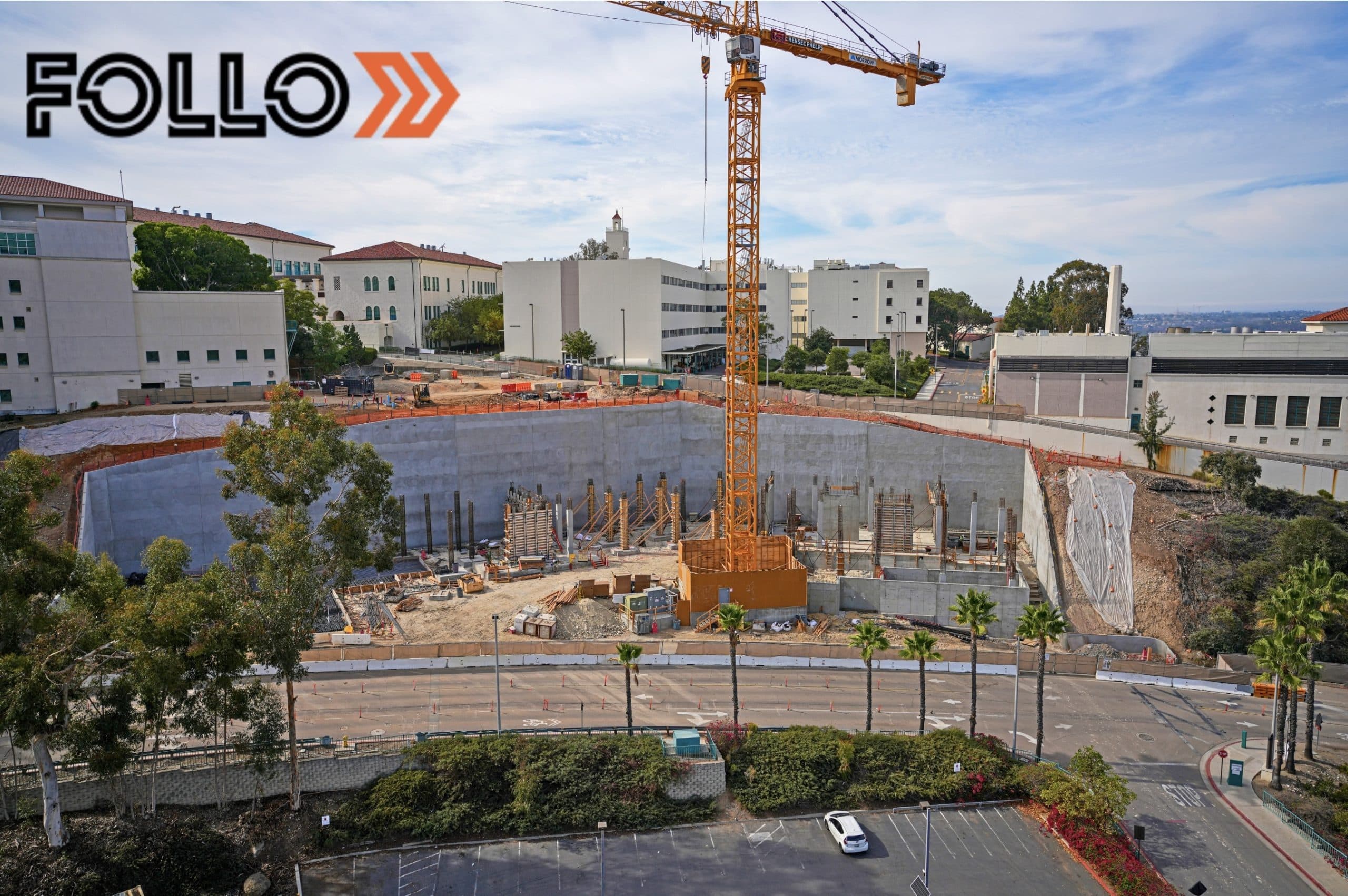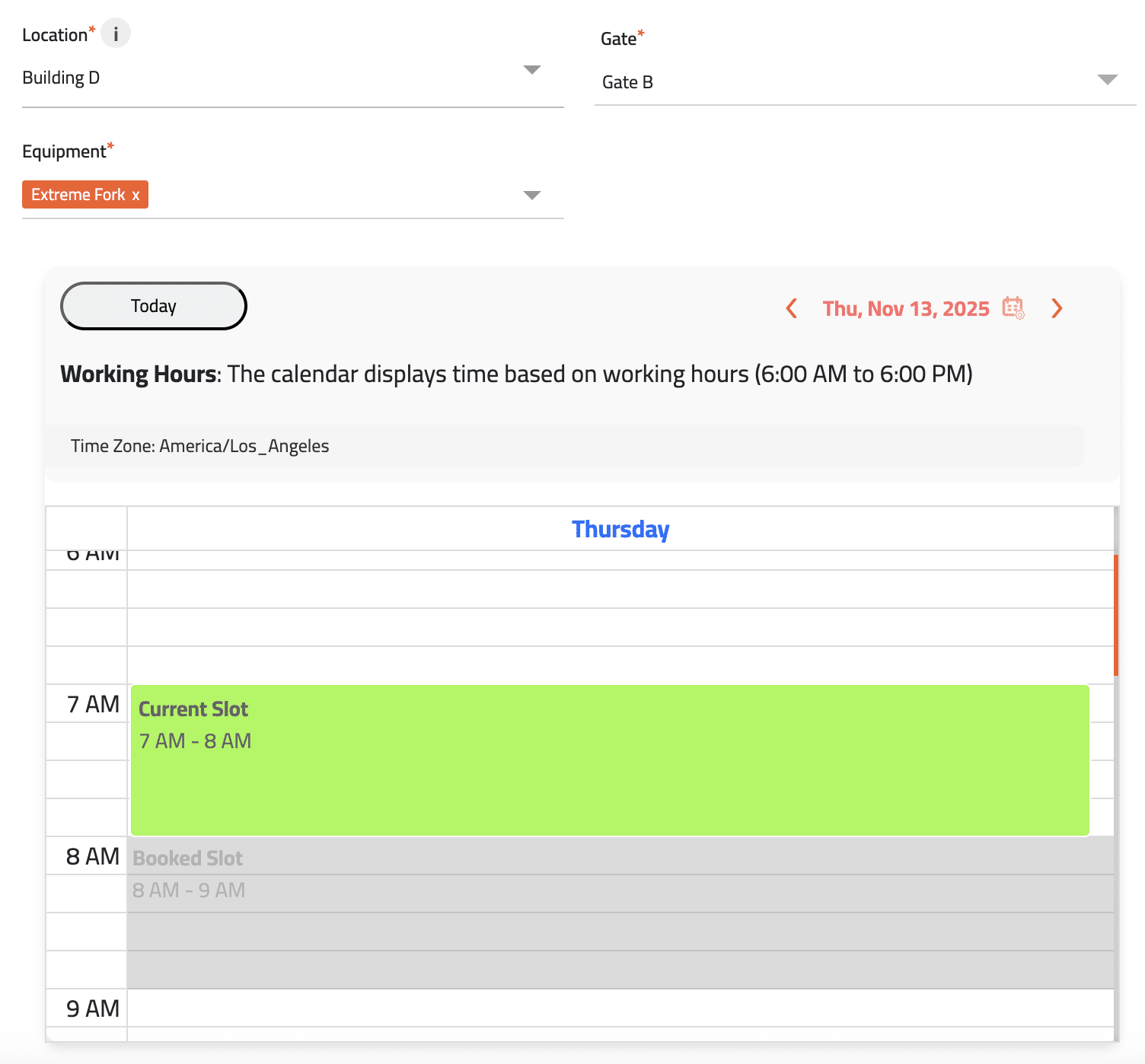In the intricate world of construction projects, successful delivery of materials and equipment is vital for project execution. Project superintendents, project managers, field engineers, and project engineers collaborate closely to assess the specific requirements for each delivery. This collaborative approach ensures that delivery requirements are accurately evaluated, considering factors such as material types, quantities, equipment accessibility, and site conditions. In this article, we explore the importance of assessing delivery requirements and how collaboration enhances efficiency and project success.
Collaborative Assessment for Optimal Deliveries:
Assessing delivery requirements involves a collective effort from various construction project stakeholders. The collaboration between project superintendents, project managers, field engineers, and project engineers ensures a comprehensive evaluation of the specific needs for each delivery. This collaborative approach enhances communication, minimizes errors, and facilitates informed decision-making.
Evaluation of Material Types and Quantities:
One of the primary considerations in assessing delivery requirements is the identification of the required material types and quantities. Project superintendents work closely with project managers, field engineers, and project engineers to analyze project specifications and plans. By understanding the specific materials needed for each phase of the project, they can accurately determine the quantities required for timely and efficient deliveries.
Considering Equipment Accessibility:
Assessing delivery requirements also involves evaluating equipment accessibility at the construction site. Project superintendents collaborate with project managers, field engineers, and project engineers to assess the site conditions and determine the best approach for delivering materials and equipment. They consider factors such as available access points, lifting capacities, and any potential obstructions. This evaluation ensures that the delivery methods are suitable, safe, and optimized for site conditions.
Accounting for Site Conditions:
Site conditions play a crucial role in determining the feasibility of deliveries. Project superintendents, project managers, field engineers, and project engineers conduct site visits and inspections to assess factors such as terrain, space limitations, and existing structures. By understanding the site conditions, they can plan deliveries accordingly, selecting appropriate vehicles, routes, and storage areas. This proactive approach minimizes disruptions, reduces the risk of damage, and enhances overall project efficiency.
Collaborative Decision-Making:
The collaborative assessment of delivery requirements allows for informed decision-making. By leveraging the expertise and insights of project superintendents, project managers, field engineers, and project engineers, potential challenges and constraints can be identified in advance. This collaborative approach enables the development of effective strategies and contingency plans to address any delivery-related issues, minimizing delays and ensuring project milestones are met.
Conclusion:
Optimizing deliveries in construction projects requires a collaborative approach to assess delivery requirements accurately. Project superintendents, project managers, field engineers, and project engineers collaborate closely to evaluate factors such as material types, quantities, equipment accessibility, and site conditions. This collaborative assessment ensures that deliveries are efficient, timely, and aligned with project objectives. By leveraging the expertise of all stakeholders involved, construction projects can achieve smooth execution and successful project completion. To learn more about efficient delivery management and construction project collaboration, visit Follo.co.


